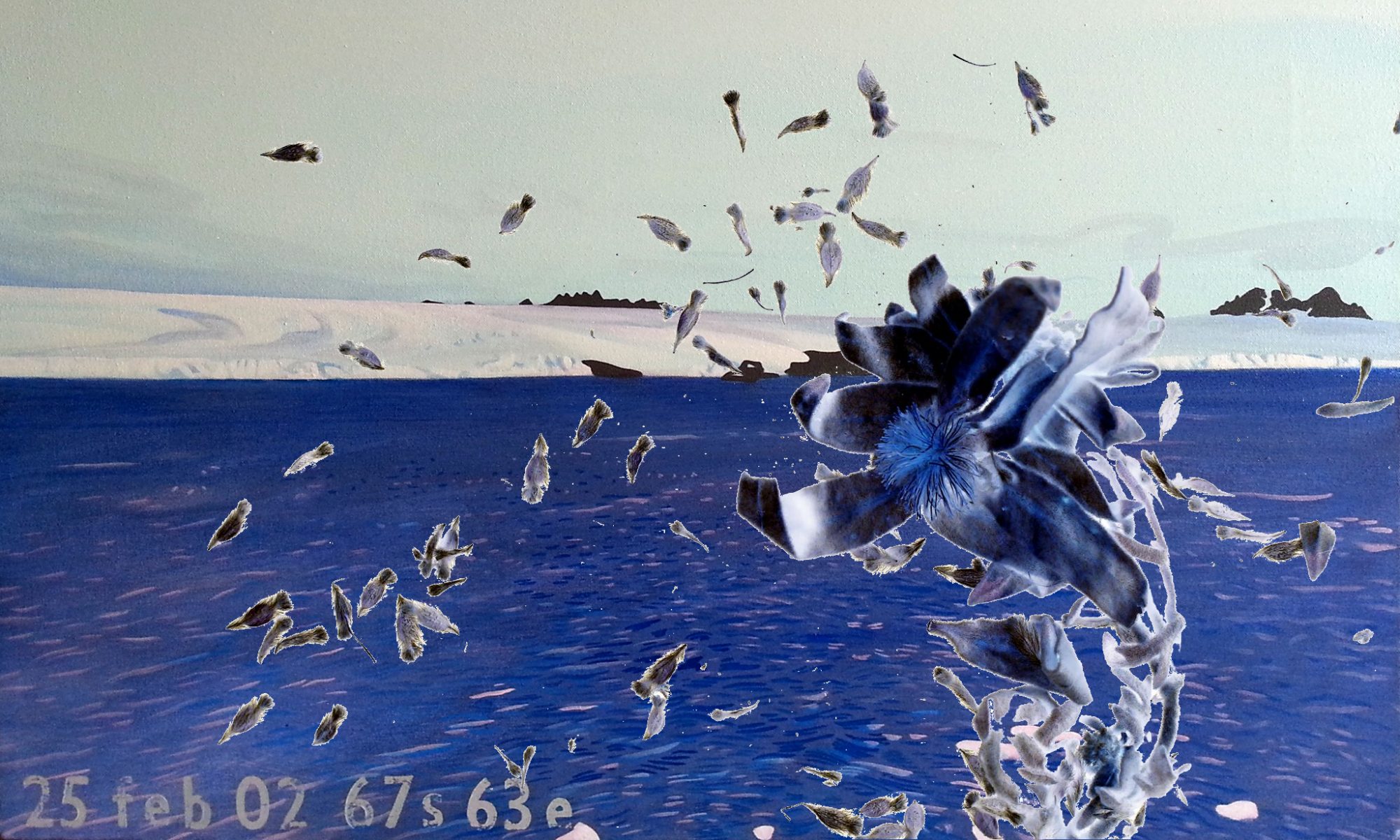Treaties are agreements that people make to work together for the common good.
BACKGROUND
In 2019, Seeding Treaty animations were compiled by Maddison Gibbs and Lisa Roberts to mark the International Year of Indigenous Languages, and the 50th anniversary of the Antarctic Treaty. The animations were made to disseminate a message: that the spirit of inclusion and co-operation that sustained Aboriginal Australia for tens of thousands of years is the same spirit that drives the Antarctic Treaty, and all treaties (agreements) within us, between us and our lands and waterways.
Seeding Treaties – Voices from the Southern Ocean Co-creators:
Lisa Roberts (Project lead), Cat Kutay, Katherina Petrou, Claire Sives, Elisabeth Johnson, Maddison Gibbs.
Here we state what we value and the principles we follow in our interactions with each other and with the broader community:
Guidance
- Story-telling guided by Indigenous knowledge and the scientific method
- Indigenous relational research methods, principles and processes
Transparency
- Balancing between what is made public and kept private
- Respecting cultural protocols around what is recorded and not recorded
Inclusiveness
- Diversity of thought, experience and belief
- Equity, diversity and inclusion
Global citizenship
- Representing culture respectfully and truthfully
Respect for different communication styles
- Respecting that people processes information in different ways
- Allowing for differences in how people express their understandings
- Asking questions when we do not understand
Sustaining self-determination
- Maintaining resources through reciprocity and independent funding bodies
- Respecting and practicing self-determination
- Respecting that people tell their own stories in their own ways
Data sovereignty
- Respecting the role of land, ocean and living things as authors of knowledge
- Recognising intellectual property (IP) on a community scale
- Acknowledging Ownership, Control, Access and Possession (OCAP)
Protocols
- Supporting the Non-corruption of oral knowledge to preserve cultural knowledge through time
- Being sensitive to cultural division (i.e. women’s and men’s business) and protocols around the role of story telling i.e. who can and can’t tell stories
